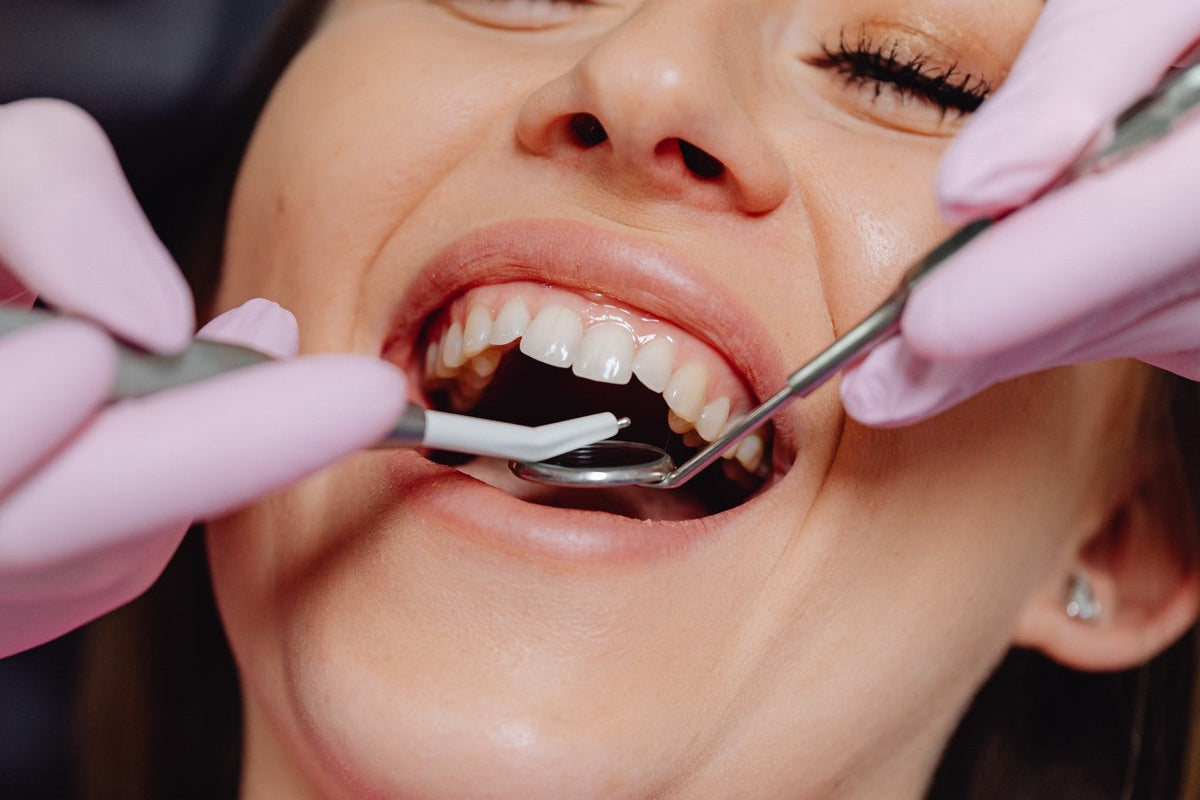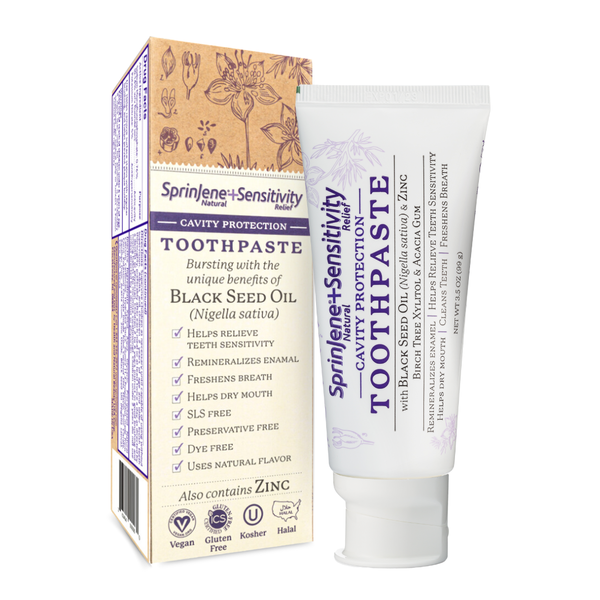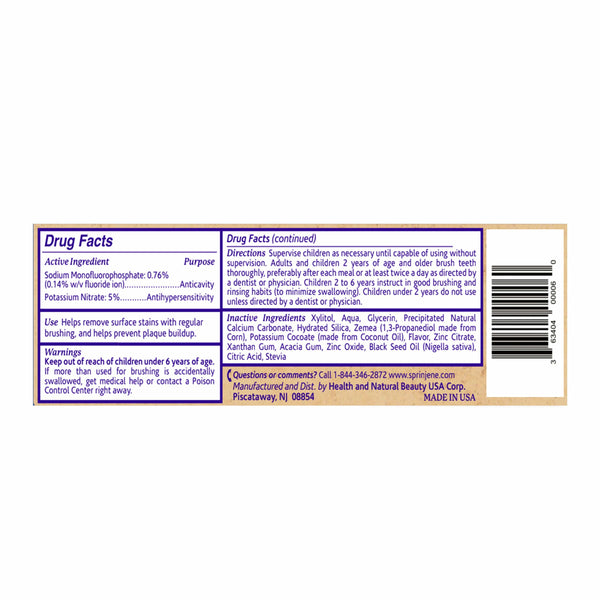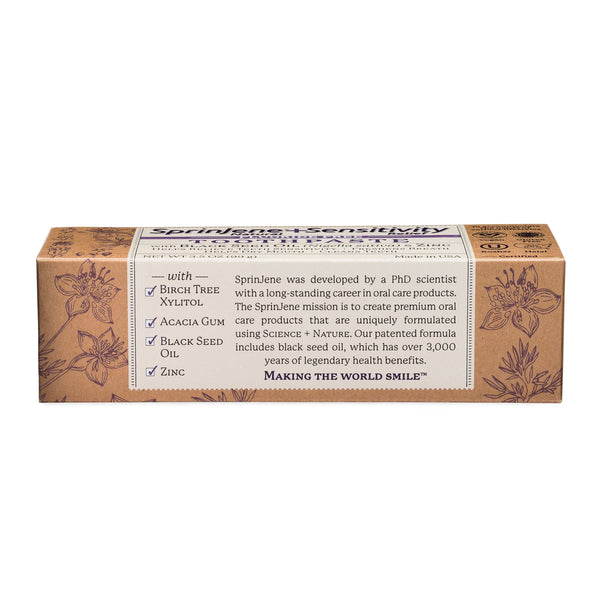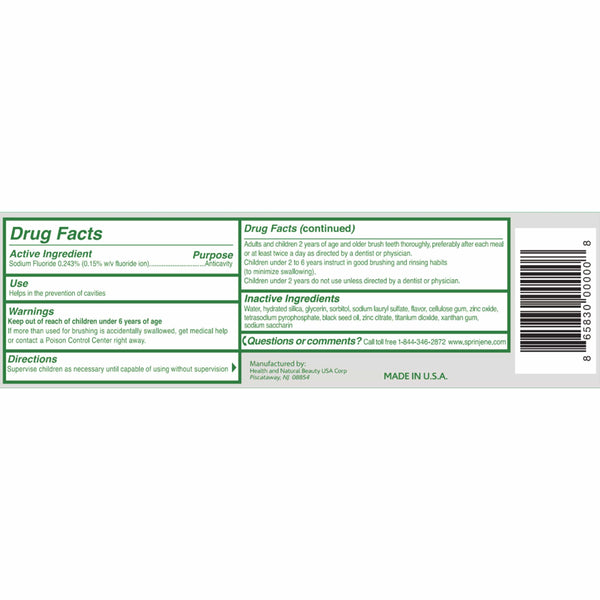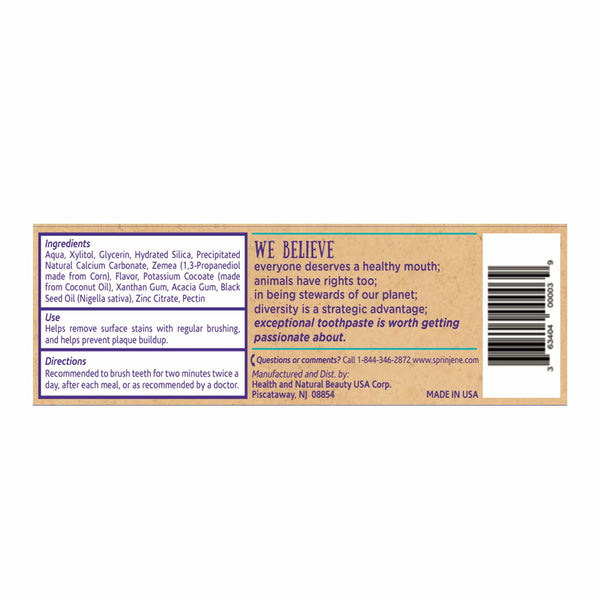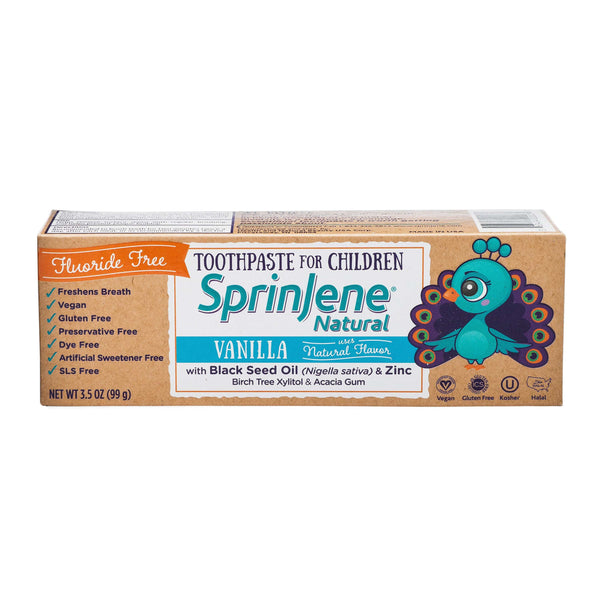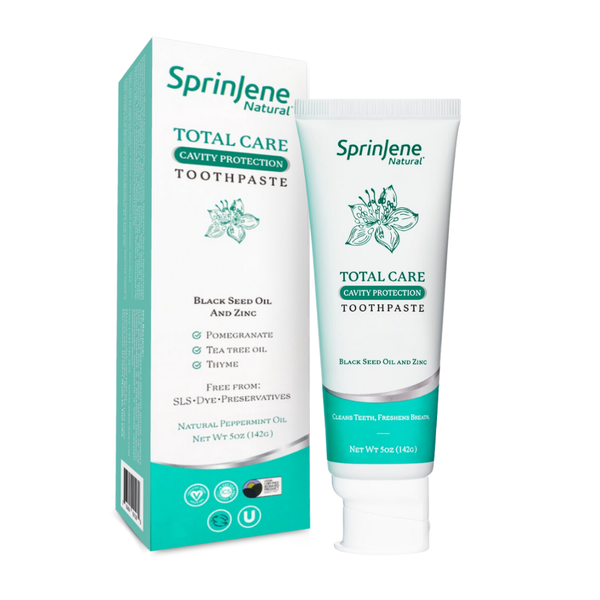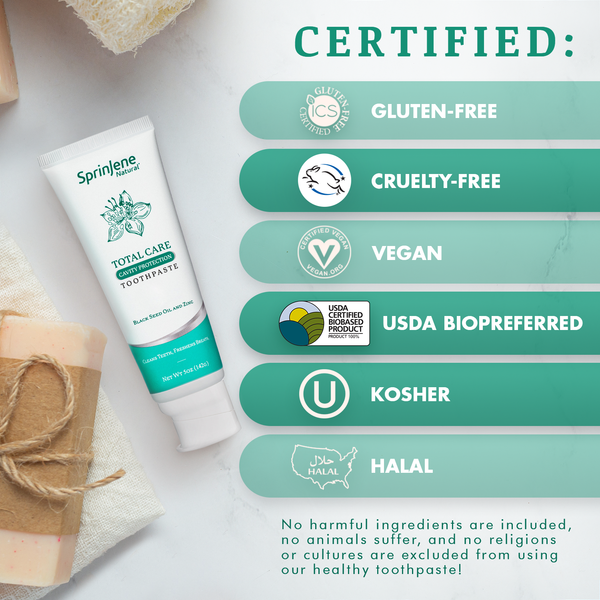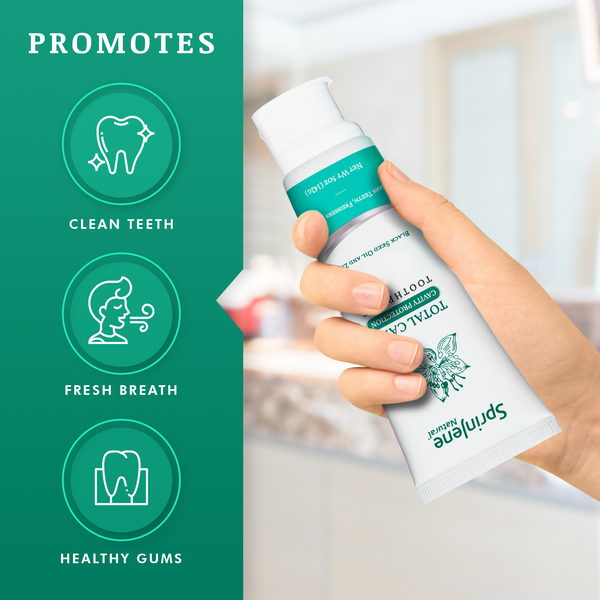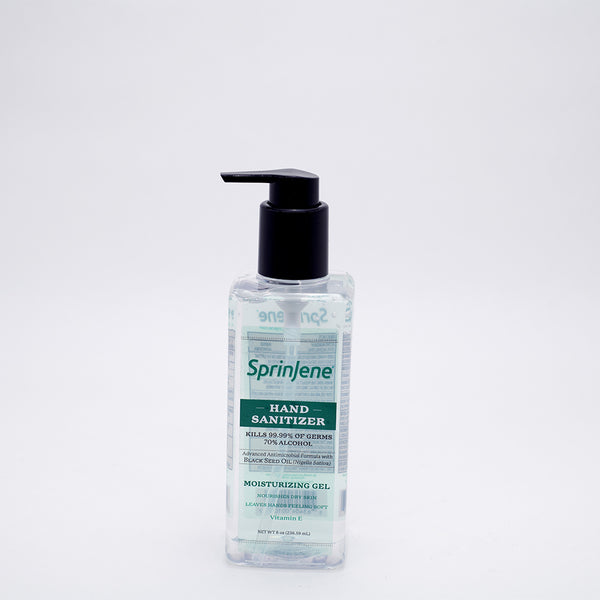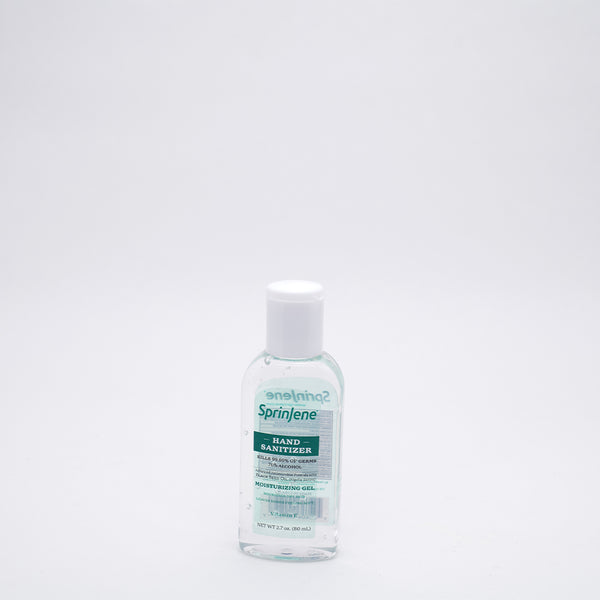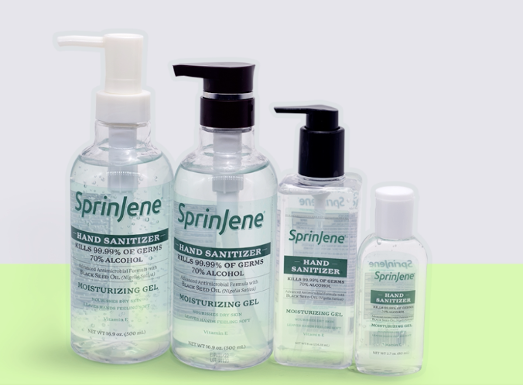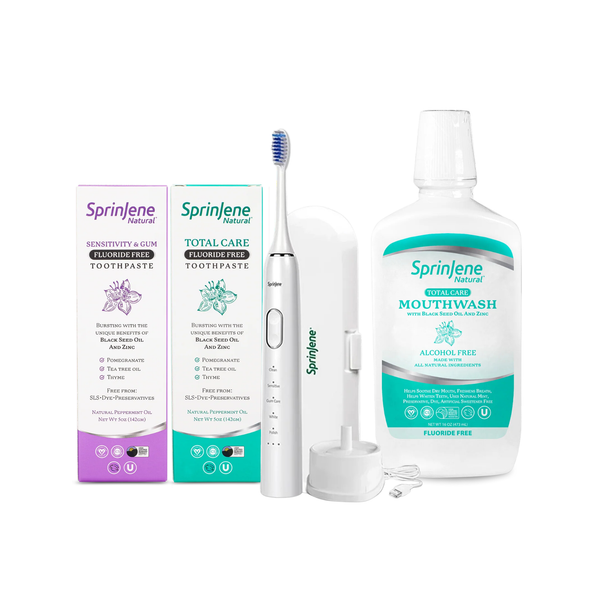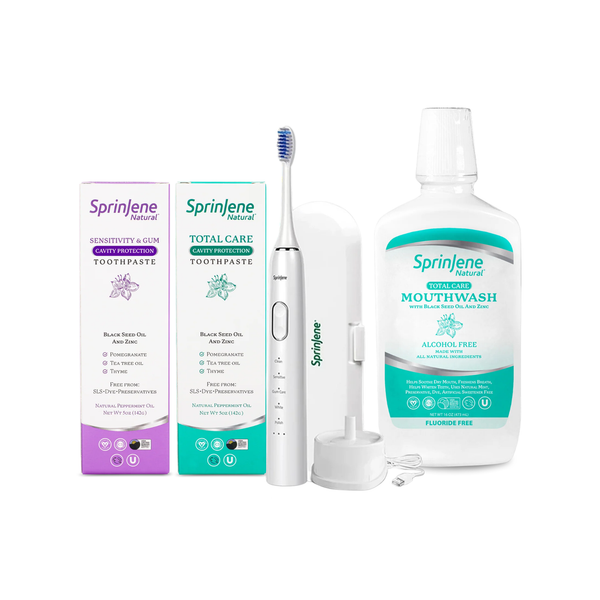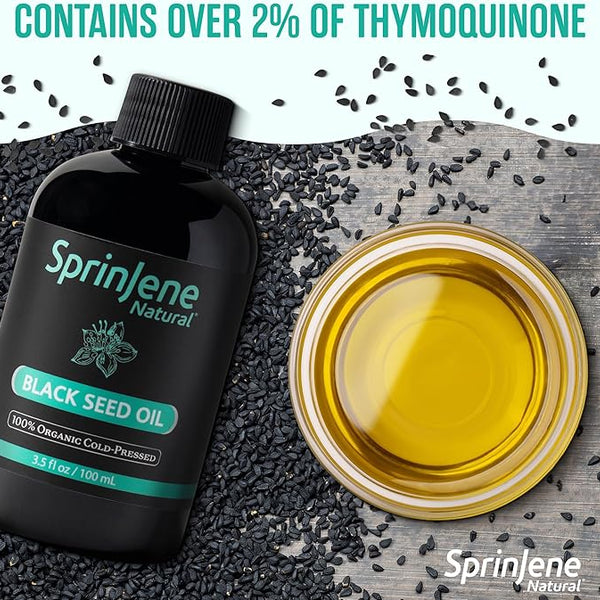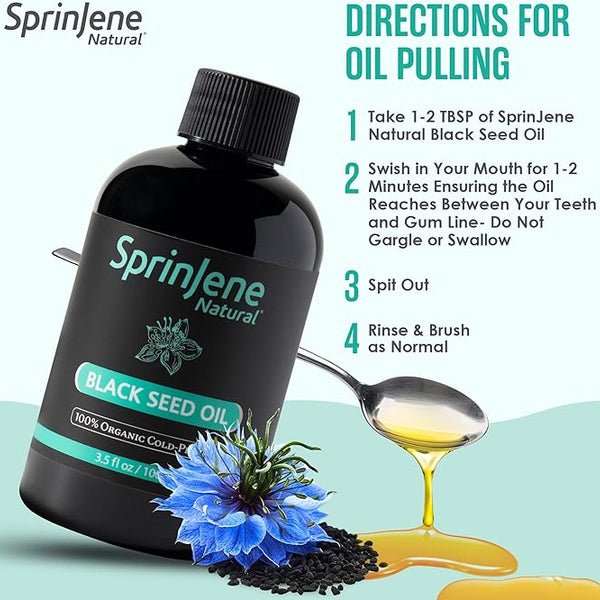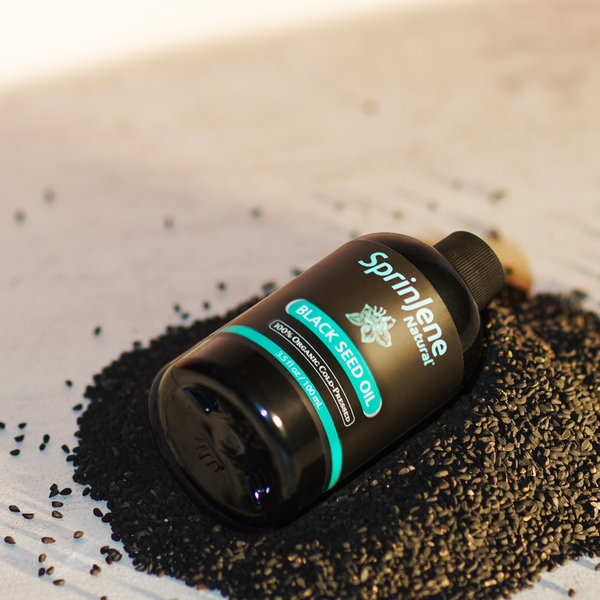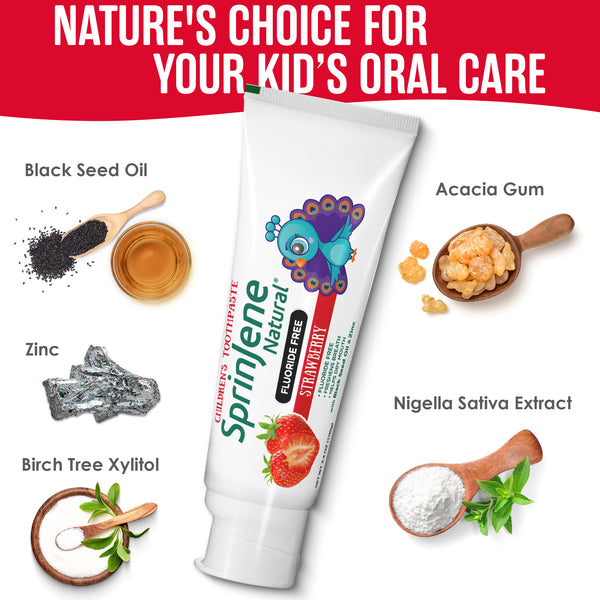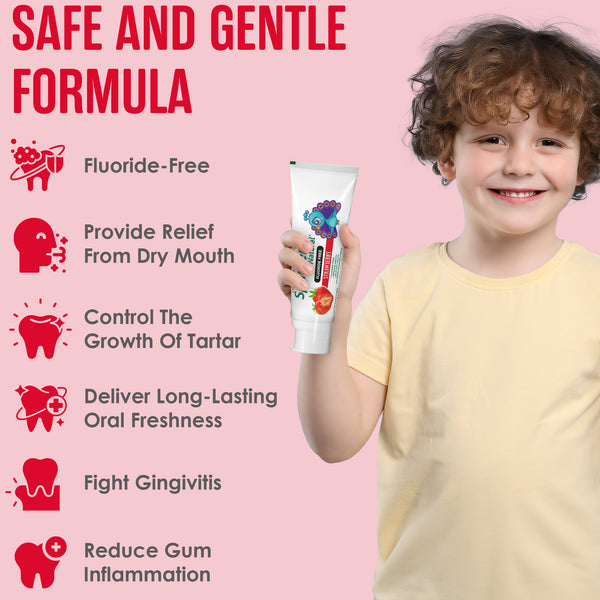Bleeding gums, also known as gingivitis, is a common oral health issue that affects many people. It is characterized by bleeding the gum tissue when brushing, flossing, or even biting into hard food. Bleeding gums are a sign of gum disease caused by the buildup of plaque and tartar on the teeth. Gum disease can lead to more serious issues, such as tooth loss and periodontitis.
Reduce painful bleeding gums the natural way!
What Causes Bleeding Gums?
Bleeding gums are typically caused by gum disease, which is an infection of the gum tissue caused by the buildup of plaque and tartar on the teeth. Other common causes of bleeding gums include:
Poor Oral Hygiene:
Plaque and tartar buildup can lead to gum disease and bleeding gums if not removed regularly.
Hormonal Changes:
Hormonal fluctuations, such as those during pregnancy, can make the gums more sensitive and prone to bleeding.
Medications:
Certain medications, such as blood thinners, can increase the likelihood of bleeding in the gums.
Smoking:
Smoking can damage the gum tissue and make it more prone to bleeding.
Genetics:
Some people may be genetically predisposed to developing gum disease and bleeding gums.
Stress:
A lack of certain vitamins and minerals, such as Vitamin C and calcium, can weaken the gum tissue and make it more prone to bleeding.
Vitamin deficiency:
Stress can weaken the immune system and make the gums more susceptible to infection and bleeding.
How Does Poor Oral Hygiene Contribute To Gum Disease?
Improve Your Oral Hygiene with Sprinjene Natural Mouthcare
Symptoms Of Gingivitis
The first sign of gum disease is often bleeding gums. If you notice that your gums are bleeding when brushing or flossing, it is important to schedule a visit to your dentist. Other signs and symptoms include:
- Swollen gums
- Red and inflamed gums
- Painful gums
- Bad breath
- Gums that aren't firm and knife-edged
Your dentist will thoroughly examine your mouth to determine the cause of the bleeding and make treatment recommendations. In many cases, professional cleaning and improved oral hygiene are all needed to treat bleeding gums.
Maintaining good oral hygiene habits is important to prevent bleeding gums. This includes brushing your teeth twice daily with good quality natural toothpaste, flossing daily, and using an antiseptic mouthwash. You should also see your dentist for regular cleanings and check-ups to remove any plaque and tartar buildup and ensure that your gums are healthy.
Symptoms Of Gingivitis
Black seed oil, also known as Nigella sativa oil, has been suggested to have potential benefits for gum health. It is believed to have anti-inflammatory and antibacterial properties, which can help improve gum health by reducing swelling and fighting harmful bacteria in the mouth. SprinJene Natural Toothpaste consists of black seed oil extracts with only 'good' benefits and no chemicals or harmful effects. There is a wide range of toothpaste with fluoride and fluoride-free options in different flavors for children and adults.
In addition to maintaining good oral hygiene, it is also important to eat a healthy diet that is low in sugar and nutrients. Vitamins and minerals such as Vitamin C and calcium are essential for maintaining strong and healthy gums. It would be best to avoid smoking, as it can damage the gum tissue and make it more prone to bleeding.
Bleeding gums can sometimes signify a more complicated problem, such as periodontitis. This is a painful condition that requires antibiotic treatment as well. This may include scaling and root planing, which is a deep cleaning of the teeth and gums, or surgery to remove any damaged or infected gum tissue. In some cases, antibiotics may also be prescribed to help control the infection.
It is important to seek treatment for bleeding gums as soon as possible. If left untreated, gum disease can progress and lead to more serious issues, such as tooth loss and periodontitis. Practicing good oral hygiene, eating a healthy diet, and visiting your dentist can help prevent bleeding gums and maintain a healthy smile.
How Can I Prevent Bleeding Gums?
Maintain Good Oral Hygiene:
It is important to brush twice a day every day with good quality fluoride toothpaste and to floss at least once a day every day.
Get Professional Cleanings Done Every Six Months:
No matter how well you brush, there are always areas that can be missed by a toothbrush, especially those in the back of the mouth that are difficult to access. Professional cleanings done at the dental office once every six months will ensure that your teeth are kept clean and free of tartar and help keep all other dental problems in check.
Use a Soft-Bristled Tooth Brush:
Hard bristled brushes can damage and erode enamel and thin out gum margins. Soft-bristled toothbrushes must be used with a small head to access areas to the back of the mouth, and a circular brushing motion must be used.
Quit Smoking:
Smoking and tobacco use have been seen to cause an increase in tartar formation in the mouth. Not only does it cause gum recession and predisposes you to other dental health issues such as periodontitis, bad breath, dry mouth, and dental cavities.
Reduce painful bleeding gums the natural way!
The Final Word:
Bleeding gums is not usually very serious, but it can become complicated if left untreated. It is important to treat it as soon as possible. Bleeding gums can be avoided by caring for your oral hygiene and using good quality natural toothpaste such as SprinJene Natural Fluoride Toothpaste for healthy gums. It has all-natural ingredients that clean your teeth and gums and are free from toxic and harmful chemicals. Formulated with special 'good for you' ingredients that can be used easily by the whole family.
References:
- Black cumin (Nigella sativa) and its constituent (thymoquinone): a review on antimicrobial effects 1.%09 https:/www.ncbi.nlm.nih.gov/pmc/articles/PMC4387228/
- Influence of Vitamin D & Calcium Supplementation in the Management of Periodontitis
- https://www.ncbi.nlm.nih.gov/pmc/articles/PMC4525604/https://www.ncbi.nlm.nih.gov/pmc/articles/PMC4525604/

